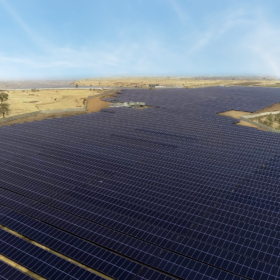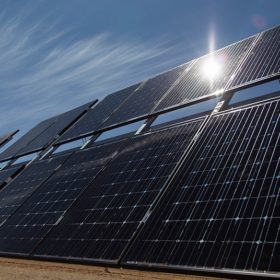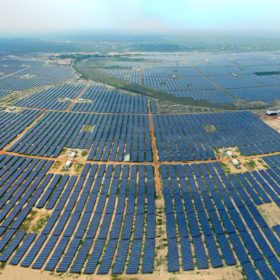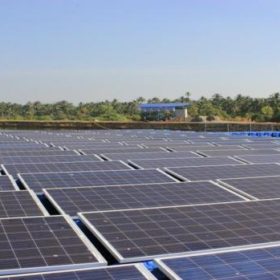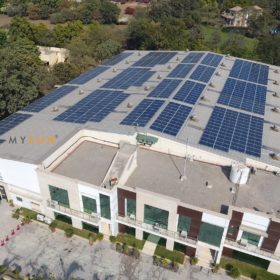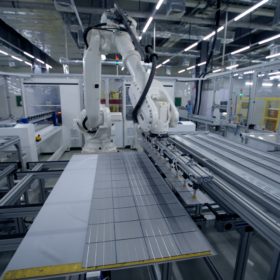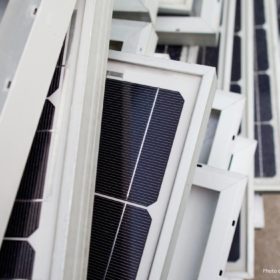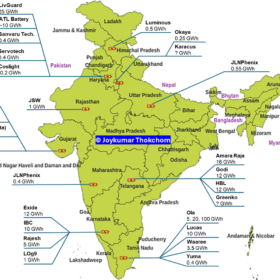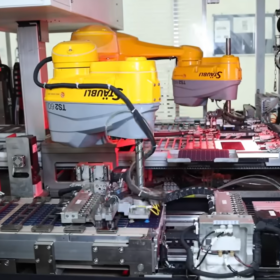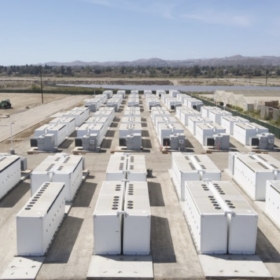Cleantech Solar secures INR 2 billion from NIIF
The Singapore-headquartered corporate solar provider, which has over 600 MWp of solar portfolio across India and Southeast Asia, shall utilize the debt funding to finance its open access solar projects in India.
Silicon metal and aluminum industries hit by China power shortages
A combination of booming demand for coal-fired power and a shortage of the black stuff – exacerbated by a political row with Australia – have forced up prices to the extent fossil fuel generators are making a loss on every unit of electricity they produce. pv magazine‘s Vincent Shaw considers the potential solutions.
Consultancy sought for India-funded 100 MW solar plant in Bangladesh
The majority of the finance for the $177 million, Jamuna river project will be provided in the form of soft loans from the Indian government and officials are reportedly already planning a second 100 MW facility with a Chinese firm on nearby land.
Vector Green raises INR 14 billion for operating solar assets
The Mumbai-based renewable power producer has raised the long-term, non-recourse debt from the Indian Renewable Energy Development Agency Ltd (IREDA). It shall use the amount to finance its operating solar projects in Punjab, Andhra Pradesh, and Telangana.
Adani concludes India’s largest renewables M&A transaction
Adani Green Energy has completed the acquisition of 5 GW of solar and wind assets from SB Energy India for $3.5 billion, marking the largest renewables M&A deal in the country. The acquisition swells Adani’s operational capacity by 46%.
NTPC arm signs green term loan pact for 670 MW solar
The renewable energy arm of NTPC signed the pact with the Bank of India to finance its 470 MW solar project in Rajasthan and 200 MW in Gujarat.
Scaling finance could drive MSME rooftop solar
Rooftop solar growth in India has so far largely been driven by a few large creditworthy organizations in the commercial and industrial sector. However, if accessible financing options are made available, growth can also be replicated in micro, small and medium-sized enterprises (MSMEs) as well, says a new report.
KKR-backed Virescent Infrastructure raises US$62 million
Mumbai-headquartered Virescent Infrastructure, set up by US investor KKR to own and operate renewable energy assets in India, has raised INR 4.6 billion (US$62 million) through its renewable energy-focused infrastructure investment trust (InvIT). Canada’s Alberta Investment Management Corporation (AIMCo) led the funding.
Adani and Reliance to set up solar gigafabs under PLI Scheme
Adani and Reliance New Energy, along with Jindal India Solar and Shirdi Sai Electricals, are the top scorers in the shortlist released for the production-linked incentives (PLI) scheme for high-efficiency module manufacturing. The list also includes 14 other companies vying for the incentives. The PLI requirement quoted by the shortlisted applicants will decide the beneficiaries.
A circular economy can support India’s push for clean energy and self-reliance
Recovering valuable raw materials from end-of-life solar panels and batteries presents a great opportunity for India to secure their future availability as the nation chases its ambitious renewable energy targets.
